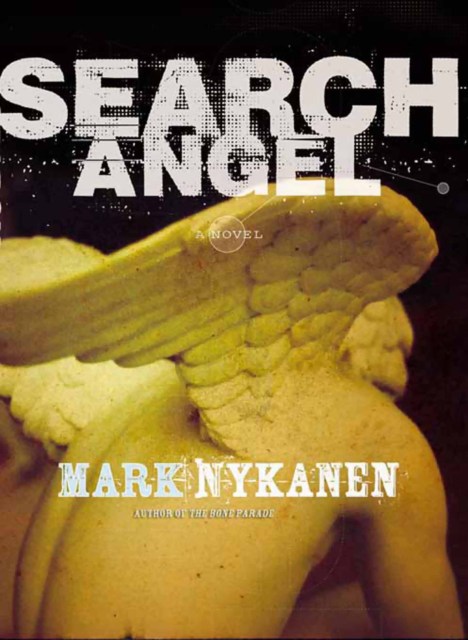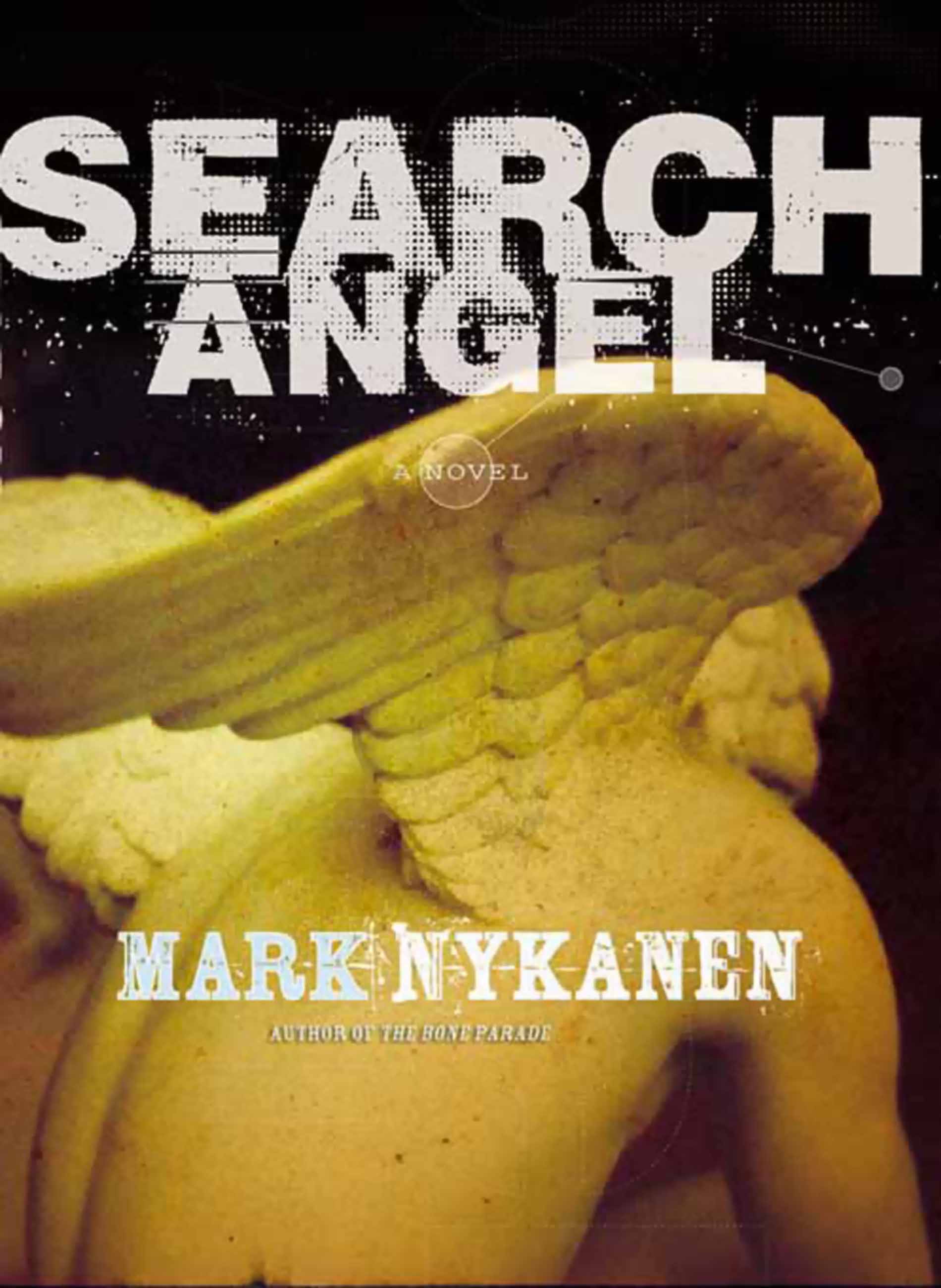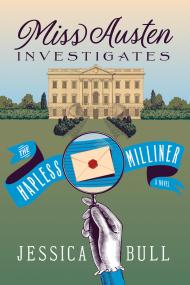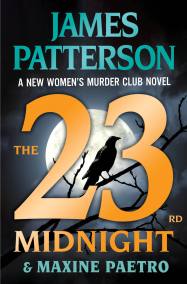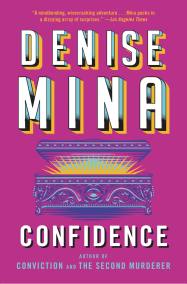By clicking “Accept,” you agree to the use of cookies and similar technologies on your device as set forth in our Cookie Policy and our Privacy Policy. Please note that certain cookies are essential for this website to function properly and do not require user consent to be deployed.
Search Angel
A Novel
Contributors
By Mark Nykanen
Formats and Prices
- On Sale
- May 1, 2006
- Page Count
- 320 pages
- Publisher
- Grand Central Publishing
- ISBN-13
- 9781401382612
Price
$4.99Price
$6.99 CADFormat
Format:
ebook $4.99 $6.99 CADThis item is a preorder. Your payment method will be charged immediately, and the product is expected to ship on or around May 1, 2006. This date is subject to change due to shipping delays beyond our control.
Buy from Other Retailers:
Newsletter Signup
By clicking ‘Sign Up,’ I acknowledge that I have read and agree to Hachette Book Group’s Privacy Policy and Terms of Use
